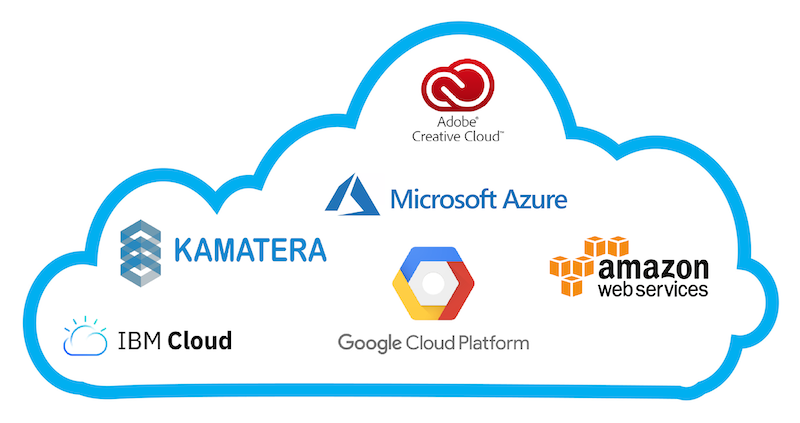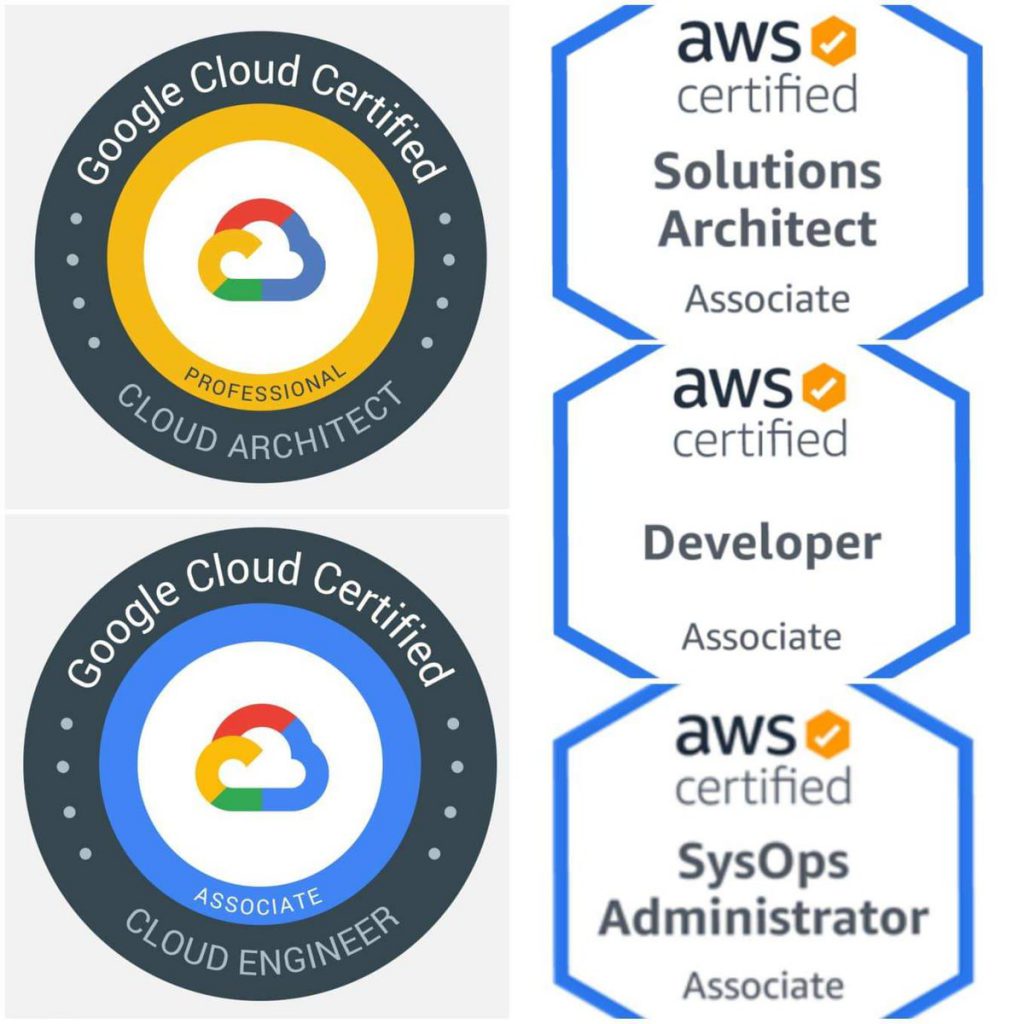Well, it is now a very common question in present Why should I learn Cloud Computing now. I will mention the very basics of all the concepts and terminologies that would help you to learn Cloud Computing concepts easily. So that we can learn more about Cloud Service providers and their services in-depth in upcoming videos and blogs.
Reasons to learn Cloud Computing could be mostly:
- It’s a buzz word and lots of job openings in Cloud Computing domain
- Looking for job change and it looks a better opportunity
- It’s another update/upgrade of skill sets with the present development in this field
- Want to contribute in migrating from on-prem to Cloud in my current project
- It’s in demand and high pay is another reason to learn Cloud Computing
- And many more.
What I have observed is almost every company is trying their hands-on in Cloud Services. Be it a product based company or a consulting company. Either it’s a Data Science team or Networking team or DevOps teams, everyone is trying to use the solutions which involve Cloud Computing technologies in one or other way.
They are even asking the questions related to Cloud Computing or related to AWS, Azure etc to freshers in campus interview. It’s like spices which you need to know how much and which spice to add to cook a delicious cuisine. I bet learning Cloud Computing won’t go in vain.
What should I learn in Cloud Computing?
Well, you may ask what are the key topics that you should understand in Cloud Computing?
Please note that I am just writing common terminologies as a reference. I would definitely explain Cloud concepts in my upcoming video on Cloud Computing Primer
The simple answer is you should learn below Cloud Computing topics at the least, but not limited to:
- What is Cloud Computing
- Go through the literal meaning of Cloud computing.
- Try to understand how it is different from traditional on-premise models.
- Why it became necessary for many companies to move to the cloud.
- How pricing models work in cloud environment
- Why one should implement Cloud computing and in which conditions
- Advantages and disadvantages of using cloud computing
- What are the various Delivery/Service models in Cloud Computing.
- IaaS
- PaaS
- SaaS
- FaaS/BaaS
- XaaS
- What are the types of Cloud Computing
- Public
- Private
- Hybrid
- Community
- Storage concepts
- Networking concepts
Well basics of networking knowledge would help you here. But mainly you need to understand how Virtual private cloud works, what is subnet, Network Access control lists and its uses, concept of security group - Different Compute models and when to use which one.
- Cloud Native Development
- Just go through what 12 factor app is
- Go through some basic concepts of Microservices and how it works. How it is different from a monolithic approach.
- How and why security matters the most in Cloud Computing
- Cloud security is one of the most important aspects in the cloud world
- See how shared security responsibility model works
Learn any of the fast growing cloud service providers
Once you are familiar with common terminologies and functions of Cloud Computing. It will surely give you good hands-on over what you learned previously about Cloud Computing basics. Also, it would help you get good job offers.

Well,You should consider to learn any one but not limited to Cloud service providers like
- AWS (Amazon Web Services). I would recommend starting from AWS and then Microsoft Azure for various reasons which I would explain in my next blog. Stay Tuned!
- Microsoft Azure
- GCP (Google Cloud Platform)
- Oracle Cloud
- IBM Cloud
Cloud Certification Path for top 3 Cloud Service providers
I am keeping this topic for my another blog where I would explain each one of these Cloud Services providers certification and which one is right for you. I will discuss various learning paths and certification paths for AWS learners in my upcoming blog very soon.

From where you should learn Cloud Computing
Ok, let’s assume you have decided to learn Cloud Computing basics and then would explore further based on your interest or current role. So, you would ask from where I should learn Cloud Computing fundamentals first. Well the answer is:
Video Courses
You can go through a few Online Courses. Majority of these are freely available or at very minimal cost. I would recommend below course(s) to go through at least:
- Introduction to Cloud Computing offered by IBM through Coursera. I would highly recommend this.
- Fundamentals of Cloud Computing in Pluralsight
- Fundamentals of Cloud Computing in Udemy (Free)
- In case, you want to go a little deeper to understand Cloud Computing in terms of operations, management security overview. You should try Cloud Computing Specialization Course offered by University of Illinois through Coursera
Learning from a few blogs, youtube videos as per your interest in the topic would make your learning easier, but above courses should suffice the needs to learn basics of cloud computing. You can learn various Cloud computing courses based on Azure, AWS and GCP from Flexmind online courses as well.
Moreover, you can assess your cloud computing skills with our quizzes pages which we keep updating time to time with the latest questions category-wise.
Also, we are very active at social media channels and share our news, blogs, certifications, quizzes updates from time to time. If you are interested in learning these technologies, you can follow us at:
I will share below topics in my next blog:
- AWS learning path as per your job role
- Which AWS certifications are for you
- Cloud Security Certification path
Stay tuned friends and keep learning.